|
|
|
|
It’s hard to do justice to a continent of 1.2 billion people who live in 54 separate states. But it’s worth trying. To mark Africa Day on May 25 we’re offering some great insightful reads about the big issues that have unfolded in recent months.
COVID-19 continues to be the top preoccupation, particularly the woefully inadequate access to vaccines. This map provides an up-to-date picture of what’s happening. Getting the pandemic under control is of paramount importance given the hard hit that economies have taken, and fears of the knock-on effects on the development of young people. Some governments have used the pandemic as an excuse to limit digital media freedom, a move that bodes ill for the future.
But life has gone on beyond the new coronavirus. On a joyful note, the #JerusalemaDanceChallenge showed how pan-African styles can be forged. And there was the exciting deal that Ethiopia has signed that heralds a new development on the continent – the use of blockchain to support development.
Political machinations once again raised issues about the ability of governments to provide peace and security. Chad’s covert coup was a case in point while also raising questions about the role of regional bodies.
On the science and technology front the pandemic has put the spotlight on the fact that governments haven’t done their bit to support research and development. This hasn’t stopped some eye-catching new discoveries, such as the oldest burial site every found on the continent.
A welcome development has been the effort to boost the number of women in the sciences. But these will continue to have limited effect unless governments grasp the nettle of making provision for paid childcare.
Great ideas and initiatives continue to be generated when it comes to protecting the continent’s flora and fauna. A decision taken by a global conservation group could improve the protection of elephants while a climate mapping initiative is helping keep track of pests threatening precious cycads.
|
Ina Skosana
Health + Medicine Editor (Africa edition)
|

|
|
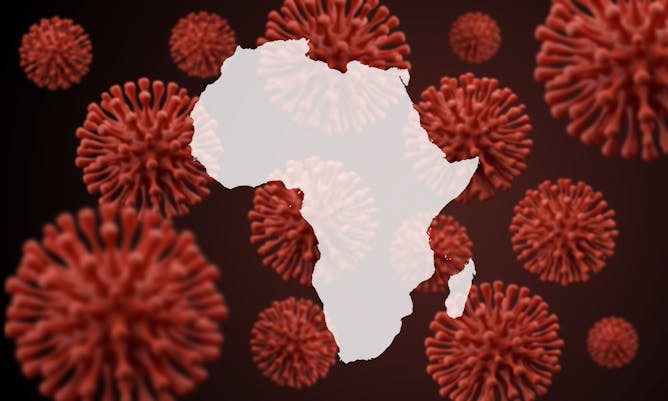
COVID-19 vaccination is slower on the African continent than in high income countries.
Shutterstock
Benjamin Kagina, University of Cape Town
Several countries on the continent had introduced COVID-19 vaccination by early March 2021.
|
|
|
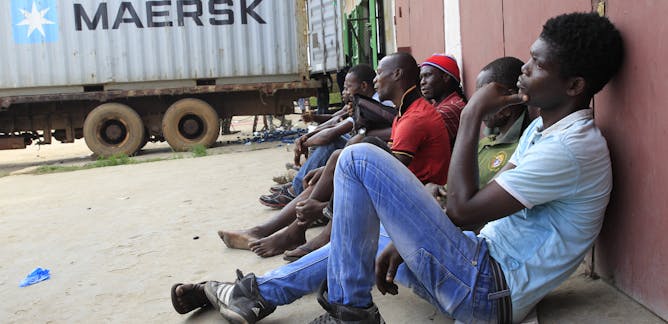
Wim Naudé, University College Cork
Since 1999, extreme poverty has declined while rates of young people in education and employment have risen. Without investment though, the impact of the pandemic could see this progress imperilled,
| |

Jeffrey Conroy-Krutz, Michigan State University
Digital media shutdowns in Africa will lead to higher economic costs and greater public outrage.
|

Francesca Negro, Universidade de Lisboa
A year later, it's clear that the dance promotes a conscious concept of Africanity – sowing feelings of tolerance and contentment that have conquered international audiences.
| |
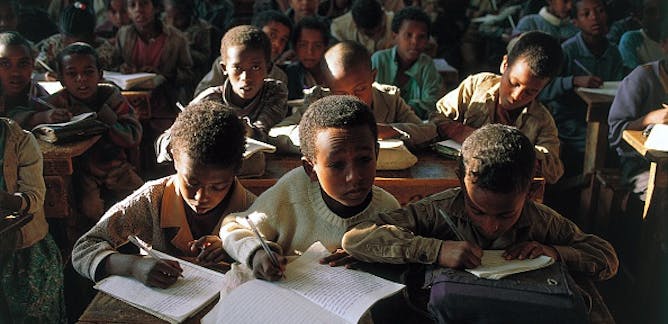
Iwa Salami, University of East London
It's time to shift focus away from bitcoin and to pay more attention to other blockchain projects promising to make real contributions to the world.
|
|
|
Politics + Society
|
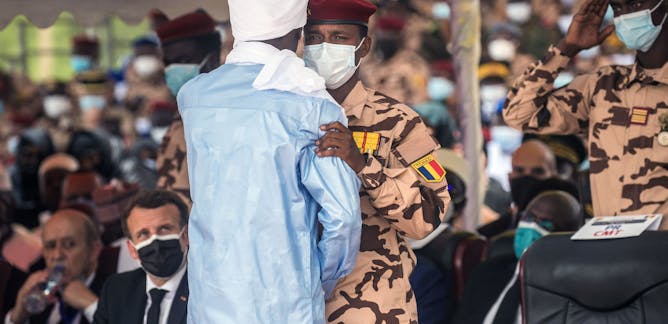
Laura-Stella Enonchong, De Montfort University
The recent spate of military takeovers, most recently in Chad, highlights a developing trend by armed forces in Africa which overtly subvert constitutional governance.
| |
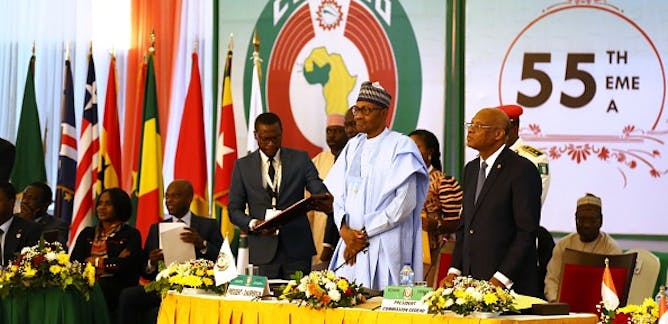
Benjamin Maiangwa, Durham University
ECOWAS needs to be decisive in enforcing its protocols and sanctioning members that flout the provisions of its protocols and policies.
|
|
|
Science + Technology
|

Janet Midega, PhD, KEMRI Wellcome Trust Research Programme; Catherine Kyobutungi, African Population and Health Research Center; Emelda Okiro, KEMRI Wellcome Trust Research Programme; Fredros Okumu, Ifakara Health Institute; Ifeyinwa Aniebo, Harvard T.H. Chan School of Public Health; Ngozi Erondu, Georgetown University
Scientific knowledge is a critical driver for human health and wellbeing, economic development and environmental sustainability.
| |
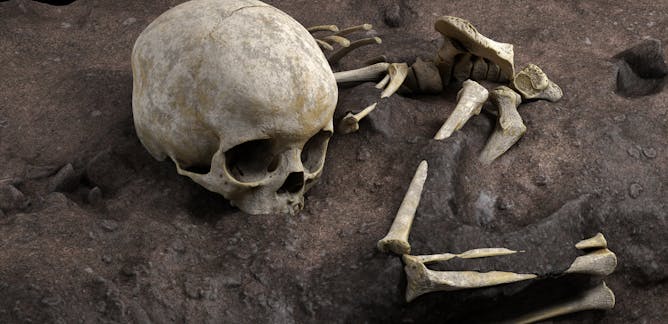
Simon Armitage, Royal Holloway
Burials seem to have been uncommon in Africa some 80,000 years ago, although they were widespread in Eurasia.
|
|
|
Education
|

Barbara Tiedeu, University of Yaounde 1
A number of programmes now exist that are helping to close the gender gap in African science, technology, engineering and maths.
| |
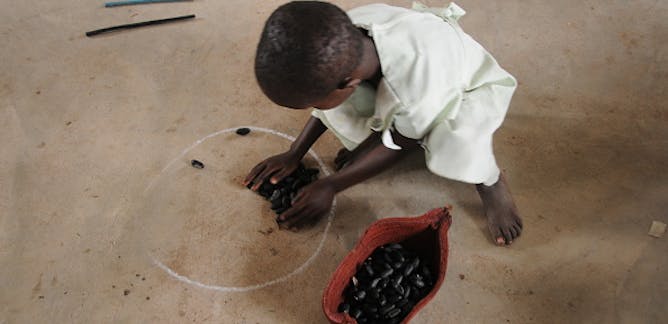
Robert Hughes, London School of Hygiene & Tropical Medicine; Patricia Kitsao-Wekulo, African Population and Health Research Center
The early years are when a child is most vulnerable, but it is also the time when effective interventions can deliver the biggest returns.
|
|
|
Energy + Environment
|
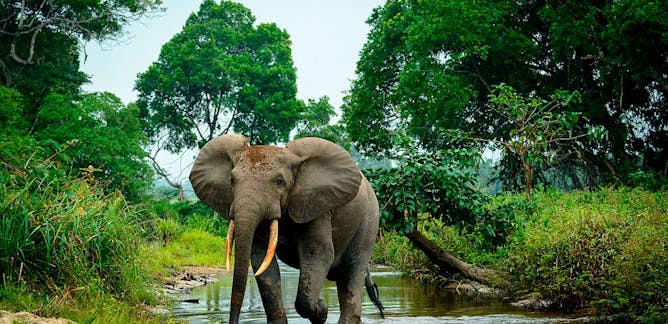
Robin Whytock, University of Stirling; Fiona Maisels, University of Stirling
The International Union for Conservation of Nature has made two big decisions related to the conservation of the African elephant.
| |
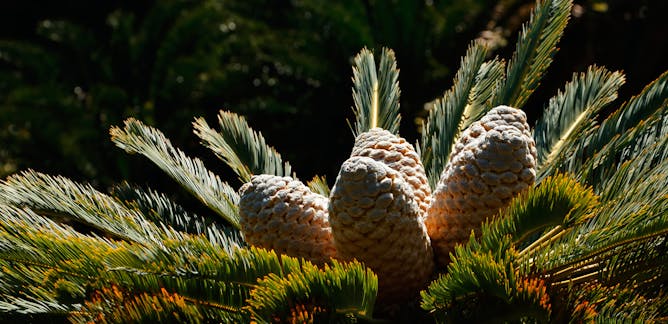
Kanle Satishchandra Nitin, Cape Peninsula University of Technology; Sjirk Geerts, Cape Peninsula University of Technology
Most South African provinces are favourable for the establishment of a new invasive alien pest, which may lead to the extinction of native cycad species.
|
|
|
| |
Featured events
|
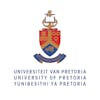
|
Zoom, online, Zoom, online, Gauteng, Zoom, online, South Africa — University of Pretoria
|

|
Virtual/Online, Hatfield, Gauteng, 0083, South Africa — University of Pretoria
|

|
Lynwood Road, Hatfield, Pretoria, Gauteng, 0002, South Africa — University of Pretoria
|

|
Robert Sobukwe Road, University of the Western Cape, Bellville, Cape Town, Western Cape, 7535, South Africa — University of the Western Cape
|
|
|
|
| |
| |
| |
Would you like to republish any of these articles?
|
|
It’s free to republish, here are the guidelines.
Contact us on africa-republish@theconversation.com in case you need assistance.
|
| |
| |
| |
| |
|
|
|
|
|
|
|